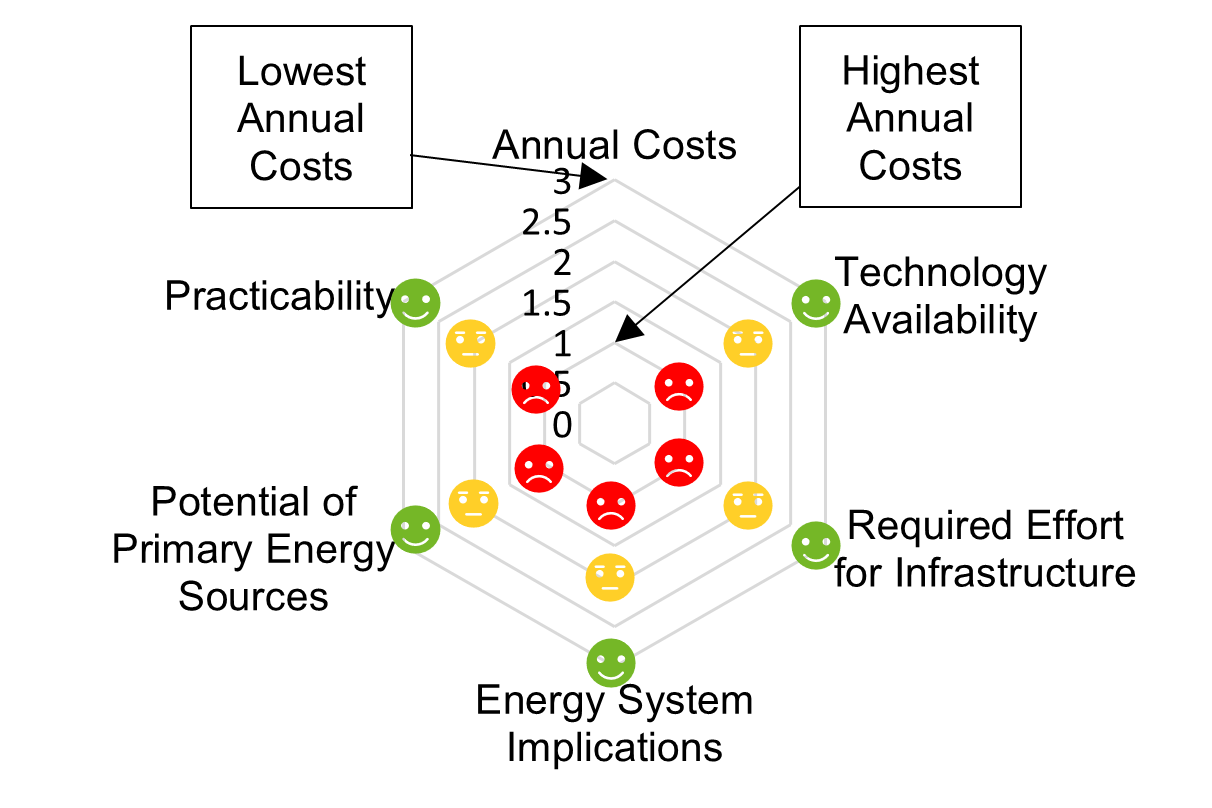

20. July 2023
The DVGW supports the gas and water industry in all technical and scientific areas. The main focus of the Association’s work is on safety and hygiene as well as environmental and consumer protection. The DVGW elaborates technical rules designed to promote the technical self-management of the German gas and water industry, thus ensuring the safe and secure supply of gas and water according to the highest international standards. The Association, which was founded in 1859, currently has approximately 14,000 members. The DVGW is free from economic and political influences.
www.dvgw.de/english-pages

20. July 2023
The research project Renewable Long-Haul Road Transport Considering Technology Improvements and European Infrastructures (ReHaul), initiated by ERIG (www.erig.eu), has been completed with the publication of the report. The DVGW research centre at EBI of KIT has investigated the defossilisation of heavy-duty road transport with the Swiss University of Applied Sciences as part of the ERIG-community. Using the four different fuel types electricity, hydrogen, methane (biomethane, e-methane) and e-diesel (Fischer-Tropsch-Diesel, HVO), the technical development, infrastructure requirements, practicability and costs were estimated in order to achieve the 2030 greenhouse gas reduction targets. The DVGW Research Centre at EBI of KIT has investigated the defossilisation of heavy-duty road transport with the Swiss University of Applied Sciences as part of the ERIG community. Using the four different fuel types electricity, hydrogen, methane (biomethane, e-methane) and e-diesel (Fischer-Tropsch-diesel, HVO), the technical development, infrastructure requirements, practicability and costs were estimated in order to achieve the greenhouse gas reduction targets for 2030. The study shows that bio and synthetic renewable fuels represent an overall compelling option for decarbonising long-distance heavy-duty road transport, both in the short term and in the long term. This is thanks to the primary energy potential of synthetic fuels. The newer technologies of battery electric vehicles and hydrogen fuel cell vehicles have recognised strengths in terms of overall efficiency and cost. As long as commercialisation and infrastructure development continues, they can be expected to have an impact in the medium to long term. However, current European legislation deviates from the scientific approach of assessing all GHG emissions over the entire life cycle or, as simplified in this study, from tank to wheel. Thus, if a regulation only considers tank-to-wheel emissions, battery electric and hydrogen vehicles have an unfair advantage as they have no GHG emissions in this part of the life cycle. Other renewable biological and synthetic options have a disadvantage as their tank-to-wheel emissions are considered as bad as those of conventional fossil fuels. This regulatory approach is in contrast to the results of the evaluation of the exclusive scenarios in this study. The scientific team that carried out the study advises that the following parameters should be taken into account in EU regulation: